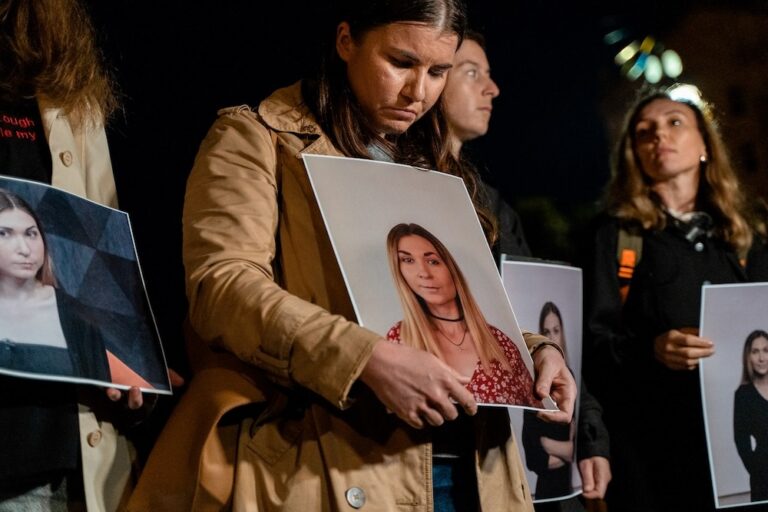The proposed statute would create a blacklist of websites that ISPs would have to block and refuse to host.
(CPJ/IFEX) – 16 July 2012 – Russia’s State Duma has passed a number of new laws in the past week, all seemingly aimed at reining in civil society and criticism of public figures. The bills would re-criminalize defamation and impose limits and labels on NGOs. They follow the introduction last month of excessive fines for unauthorized protests.
One of this week’s bills, Duma Bill 89417 is a proposed Internet statute that, among other provisions, would create a blacklist of websites that all Russians Internet service providers (ISPs) would have to block and refuse to host. The bill was hurried through the legislature in one week. (The defamation bill was approved today in the Duma’s third and final reading; jail terms were eliminated from an earlier draft, but fines were allowed reaching as high as 5 million rubles or about US$153,000, news reports said.) Both bills now await President Vladimir Putin’s signature.
Bill 89417 demonstrates everything that is wrong with this flurry of new legislation. Rather than fixing old legal problems, as the government claims, it exacerbates them, and to the extent it mirrors other countries’ laws, it demonstrates just how much Russia is diverging from accepted international norms of human rights.
The new law ostensibly fixes flaws in a previous media regulation bill. At the very end of 2010, the Duma passed Law 436-FZ, which required all “information products,” including Internet hosted material, deemed unsuitable for children to be marked with visible warnings. The law was due to take effect on September 1, 2012.
Internet technologists had warned that 436-FZ was too broad, and would require individual comments and home pages to be marked with age-appropriate ratings in the style of American movies. The new law supposedly corrects this. It amends the law to exclude the majority of Internet content, although still requires “online publications” to give ratings. The term is ambiguous, but apparently includes online news services.
The amendments also include the creation of a centralized blacklist of websites. After criticism from, among others, Prime Minister Dmitry Medvedev, the criteria for being included on the blacklist has been narrowed–it now is specifically tied to child-safety related content, including child pornography, material encouraging drug use, and suicide advice. Which sites should be placed on the blacklist, however, is to be solely determined by a new Russian agency, with no further oversight. Under a separate exemption, the Russian courts can place sites on the registry without limit, provided their content is “banned in the Russian media.”
MORE INFORMATION:
The Kremlin makes its move on Facebook (Index on Censorship, 13 July 2012)


